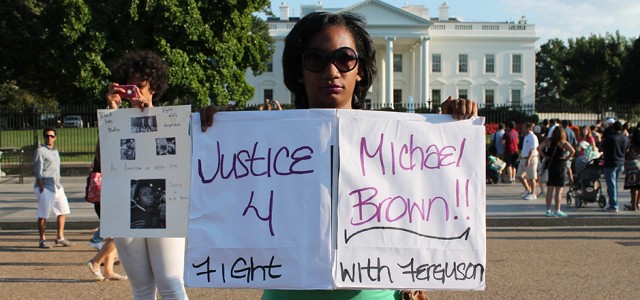The outcry triggered by the killings of unarmed men by police officers — from Michael Brown’s shooting death in Ferguson, Mo., to the choking death of Eric Garner in Staten Island, NY — has largely focused on the victims’ skin color.
But little has been said about the fact that the men killed by police are not just African American. They are often dark skinned. That deep, ebony complexion, and all that it symbolizes, is significant, said Dr. Yaba Blay, co-director and assistant teaching professor of Africana Studies at Drexel University.
For dark-skinned black men, Blay said, “The unquestionable state of their blackness invokes fear in others. We haven’t seen racially ambiguous men gunned down by police.”
Such violence is just one consequence of what academics call colorism — the prejudging of others based on complexion.
In a 2007 article called “The Skin Color Paradox and the American Racial Order,” Harvard researchers found that dark-skinned blacks face other consequences, as well. They include lower socioeconomic status, more punitive relationships with the criminal-justice system and less likelihood of holding elective office than their light skinned counterparts.
For some, the scars run much deeper than opportunity denied.
Click here to read the rest of the story on Newsworks








